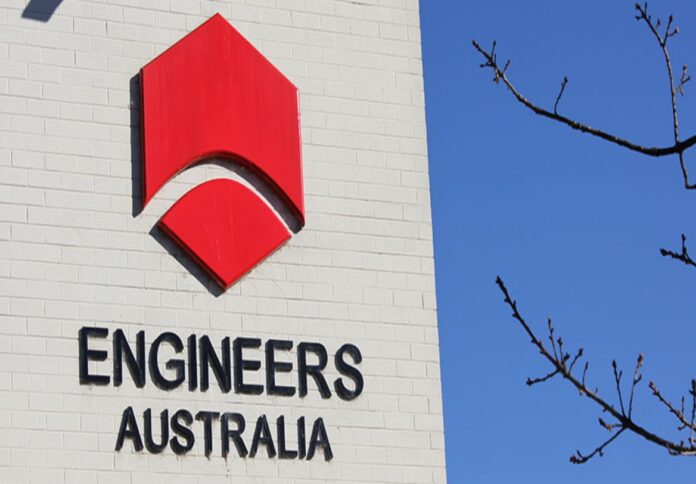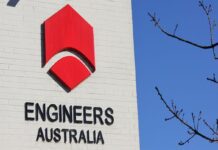
Engineers Australia has extended its congratulations to the newly appointed Albanese Ministry, welcoming the appointments of Senator the Hon Tim Ayres as Minister for Industry and Innovation and Minister for Science, and Dr Andrew Charlton MP as Assistant Minister for Science, Technology and the Digital Economy.
Romilly Madew AO, CEO of Engineers Australia, said the professional body looks forward to continuing its collaboration with the Albanese Government, particularly as it maintains a focus on economic resilience, growth, and national prosperity.
She said the organisation was pleased by the government’s commitment to these goals and expressed hope that engineers would play a central role in achieving them.
“Engineers Australia welcomes the appointment of the new Minister for Industry and Innovation and Minister for Science, Senator the Hon Tim Ayres. Together we can contribute to driving the competitiveness of Australian industry and innovation, and the positive impact that can have for all Australians, including boosting our industrial capability with real-world applications and nurturing fulfilling STEM careers,” Madew said.
In a statement, Engineers Australia reiterated its call for the appointment of a National Chief Engineer to provide high-level strategic and technical advice on major nation-building projects.
Madew said such a role would be valuable in helping the government meet its policy goals in areas such as housing, energy, and advanced manufacturing.
“The re-elected Government has the chance to deliver on its commitments for housing, energy, and a ‘Future made in Australia’, but it should strongly consider appointing a Chief Engineer to ensure the long-term vision is expertly informed and guided,” she said.
She also highlighted the decline in engineering expertise within the public service, citing a 40 per cent reduction in the engineering workforce over the past four decades.
According to Engineers Australia, this has weakened the government’s ability to effectively scope technical tenders and assess project risks, leading to inefficiencies and cost overruns.
Katherine Richards AM CSC, recently appointed Chief Engineer at Engineers Australia, said the government has outlined major forward-looking initiatives that could benefit from stronger engineering guidance.
“There is a $213 billion infrastructure pipeline through to 2027–28, and the $22.7 billion Future Made in Australia agenda aimed at stimulating private sector manufacturing investment over the next decade,” Ms Richards said.
“As well as working towards the target of 82 per cent renewables on the grid, there is also a $60 billion industry over the next 30–50 years in the decommissioning of offshore oil and gas infrastructure as it approaches the end of its life.”
Richards emphasised the need for expert advice on practical implementation, new technologies, risk assessment, and systems integration to ensure these initiatives succeed.
The proposal for a National Chief Engineer is part of Engineers Australia’s Engineering Tomorrow report, which outlines four key recommendations for addressing current challenges in the sector.
In addition to the Chief Engineer role, the report calls for 60,000 additional engineering graduates over the next decade, a timetable for implementing the 11 recommendations from the Pathways to Diversity in STEM review, and the development of an “engineering surge” plan to address workforce shortages.
Engineers Australia said it remains committed to providing expert, independent advice to support the government in its long-term vision for Australia’s industrial and technological future.















